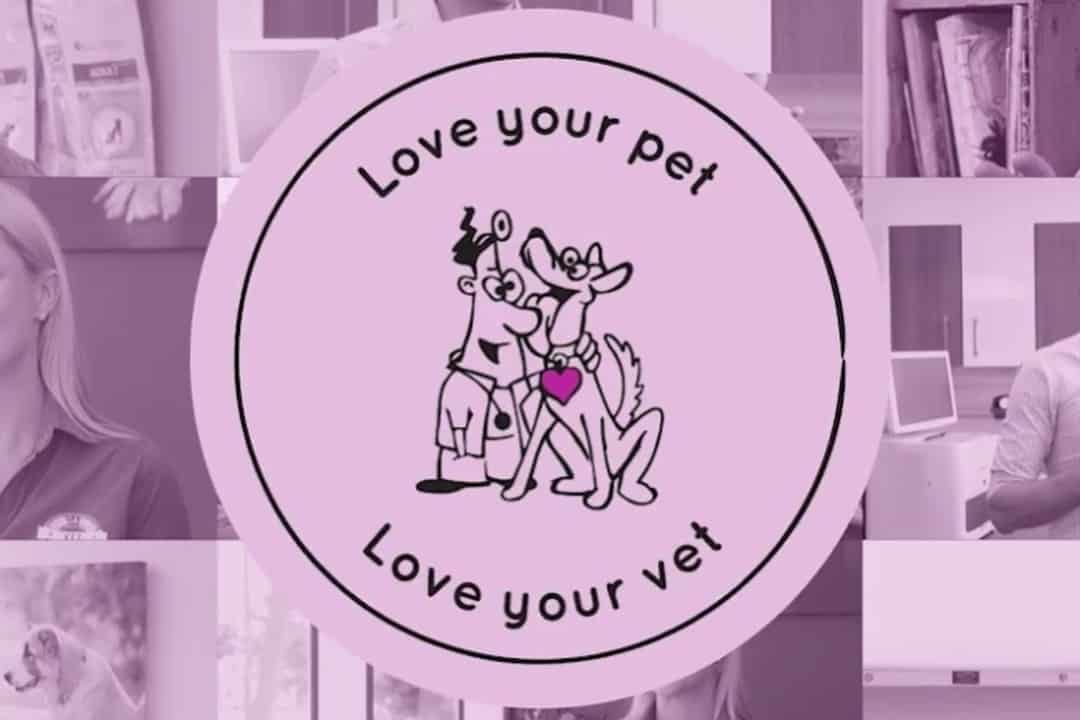Rabbit calicivirus (Rabbit Haemorrhagic Disease Virus, or RHDV*) is one of two viruses introduced into Australia to control wild rabbit populations (the other being myxomatosis). It causes extreme internal haemorrhaging and can lead to death within 1-2 days.
The first strain of RHDV was introduced in to the wild rabbit populations of Australia in 1995 from the Czech Republic, and has since diversified and evolved. As a result, many wild rabbits have developed immunity to calicivirus, with a number of non-pathogenic strains giving cross protection against the pathogenic strains.
RHDV strains currently present in Australia:
- RHDV 1 – Original virus released in 1995 (also known at the Czech strain).
- RHDV1A – Variant of type 1 isolated in Sydney in 2014.
- RHDV1 K5 – Variant of type 1 found in Korea (Australian release planned in March 2017).
- RHDV 2 – First recorded in Europe in 2010, and in Australia in 2015.
- RCV A1 – Non-pathogenic virus present in wild populations.
In Australia, we are currently only able to vaccinate against RHDV 1 with the Cylap® RCD Vaccine.
*You may often see rabbit calicivirus referred to as RHD (Rabbit Haemorrhagic Disease), RCV (Rabbit Calicivirus), and RCD (Rabbit Calicivirus Disease) depending on which country you’re in.
Symptoms of RHDV1 (and variants) include:
- Depression
- Lethargy
- Neurological problems
- Anorexia
What is the Korean Strain (RHDV1 K5)?
In 2014, the Australian government investigated a number of calicivirus strains not present in Australia, in an attempt to find one that would be effective against the wild rabbits that have immunity to the current Australian strains, particularly the non-pathogenic RCV-A1. They found that the Korean RHDV1 K5 was the most effective.
On the 29th April 2016, the Australian government announced that RHDV1 K5 was approved as a Restricted Chemical Product by the Australian Pesticides and Veterinary Medicine Authority (APVMA) and would be scheduled for a controlled release. Read the media release HERE.
RHDV1 K5 is a variant of the RHDV1 virus released in 1995. The existing RHDV1 vaccine (Cylap®) is hoped to be effective against RHDV1 K5. An initial study completed by the NSW Department of Primary Industries compared the mortality of a small number of vaccinated and unvaccinated rabbits that were subsequently infected with a high dose of RHDV1 K5. All of the rabbits vaccinated with the currently available vaccine survived and did not show any clinical signs; none of the unvaccinated rabbits survived. But while the vaccine is expected to be effective, suspicious deaths, particularly in vaccinated rabbits, should be investigated.
Read more on the RHDV1 K5 roll out HERE, or contact your local state and territory representatives:
| NSW |
Local Land Services 1300 795 299
Dept. of Primary Industries (02) 6391 3834 – Quentin Hart (DPI)
quentin.hart@dpi.nsw.gov.au |
| Qld |
Dept. of Agriculture and Fisheries 13 25 23 – Peter Elsworth
Peter.Elsworth@daf.qld.gov.au |
| Vic |
Dept. of Economic Development, Jobs, Transport and Resources 136 186 – John Matthews
john.matthews@ecodev.vic.gov.au |
| SA |
Primary Industry and Regions South Australia – Greg Mutze
Greg.Mutze@sa.gov.au |
| Tas |
Dept. of Primary Industries, Parks, Water and Environment 1300 368 550 – Michael Askey-Doran
michael.askey-doran@dpipwe.tas.gov.au |
| WA |
Dept. of Agriculture and Food 1800 084 881 – Susan Campbell
susan.campbell@agric.wa.gov.au |
| NT |
Dept. of Primary Industry and Fisheries 1800 084 881 – Peter Saville
Peter.Saville@nt.gov.au |
| ACT |
Transport Canberra and City Services 13 22 81 – Oliver Orgill
oliver.orgill@act.gov.au |
What is RHDV2?
There has been some confusion between the new variant RHDV1 K5 (to be released in March 2017) and the discovery of RHDV2 in 2015, but these are completely different forms of the virus.
RHDV2 is a calici-like virus that was discovered in Europe in 2010, and is significantly different to previously known strains, including those in Australia. This new form has been found to cause death in a small percentage of rabbits previously vaccinated with the Cylap® vaccine. It is also able to infect rabbits at a younger age (as young as 4 weeks old), and some rabbits experience a more prolonged death (weeks vs days) than previously seen in other forms of calicivirus.
The Australian government rejected the use of RHDV2 based on information from European studies; however an Australian strain was discovered in wild and farmed rabbits in 2015. It is not yet known whether it is the same as the European strain, or just a relative. As such, we do not have enough information as to how it will affect vaccinated rabbits, and what studies are available show erratic results.
The Australian RHDV2 was first detected in the ACT, and subsequently in New South Wales, Victoria, South Australia, Northern Territory, Tasmania, and Western Australia.
Clinical signs of RHDV2 differ from other strains, and include:
- Pyrexia
- Seizures
- Hypoglycaemia
- Anaemia
- Kidney and liver problems
- Death
How Can I Protect My Rabbit?
The pathogenic strains of calicivirus are considered highly contagious and can be transmitted via: direct contact with infected rabbits; fomites (objects or materials that can carry the virus e.g. bedding, clothing etc.); and other animals/insects (birds, flies, fleas etc.).
Vaccination is still the best way to protect your rabbits from all forms of calicivirus. The Australian Veterinary Association has recently revised their recommended vaccination protocols as follows:
Kittens: 4 weeks, 8 weeks, and 12 weeks of age; then every 6 months for life.
Adults: 2 vaccinations, 4 weeks apart; then every 6 months for life.
Please be aware that this protocol is considered “off-label” – Cylap® is not registered for 6-monthly use or in rabbits younger than 10 weeks, and is not registered for use against RHDV2. Please make sure to discuss this with your veterinarian before administering.
Vaccinations should only be administered to healthy animals, and like all medications, carry the risk of side effects. These are usually minor, however, with extreme reactions being very rare. Pet Doctor will be implementing the new vaccination protocols as recommended by the AVA, but we greatly appreciate feedback and encourage you to discuss the risks/benefits with your veterinarian. These protocols may change as more information becomes available.
Other forms of prevention include:
- Insect screens around your rabbit(s) enclosure to keep our flies and other insects.
- Lots of disinfection – of people and equipment. Especially if there is movement between different locations (to and from shows, the vet etc.)
- Showering between visiting different rabbit colonies.
- Protect against fleas by using a preventative, such as Revolution.




